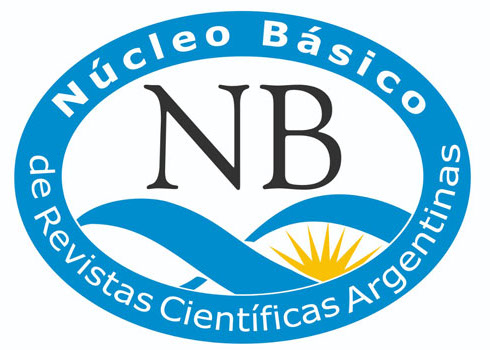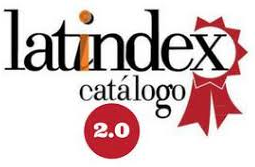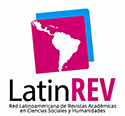Weaving knowledge. Intangible heritage, identity and social valuation: the case of Ercilia Cestac
Abstract
New theoretical perspectives concerning cultural heritage have broadened its scope and have led to value intangible heritage as a source of diversity, identity and creativity as well as a way to recognize the practices and knowledge of individuals and groups involved. In this context, the article presents the case of Ercilia Moreira de Cestac, a recently deceased descendant of Manuel Grande´s indigenous tribe. She devoted her life to preserve and reproduce ancestral knowledge and techniques concerning textile art. For this reason she was declared “living heritage person” of the city of Azul and “living cultural heritage” of the province of Buenos Aires. This paper aims to analyze and discuss the challenges that the “unique” character of her testimony presents to regional intangible heritage, as well as the complexity and richness of the social valuation processes involved.Downloads

Runa, archivos para las ciencias is a publication of the Instituto de Ciencias Antropológicas, Facultad de Filosofía y Letras, Universidad de Buenos Aires and is distributed under a Creative Commons Attribution 4.0 International License.
Runa maintains its commitment to the policies of Open Access to scientific information, considering that both scientific publications and publicly funded research should circulate on the Internet freely, free of charge and without restrictions.
The contents and opinions expressed in published articles are the sole responsibility of their authors.



















